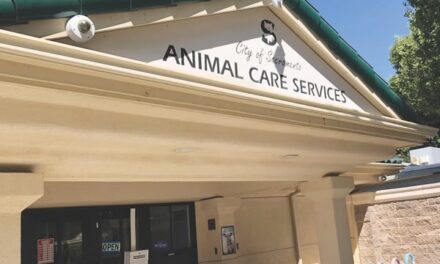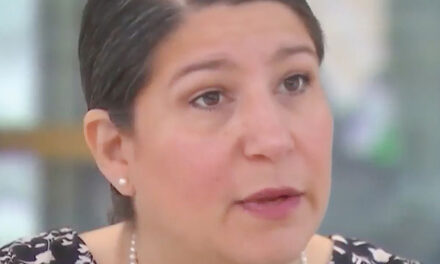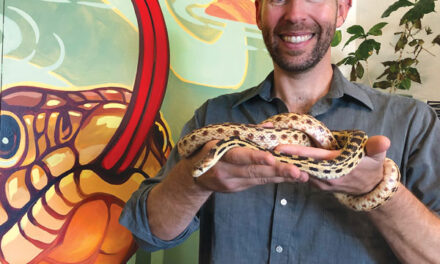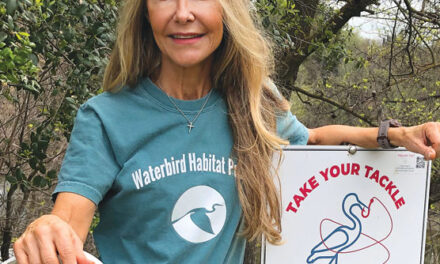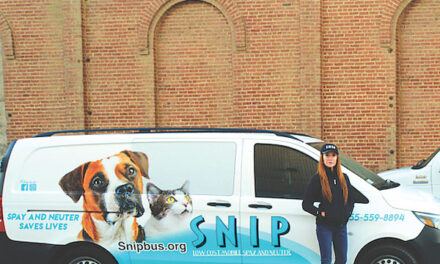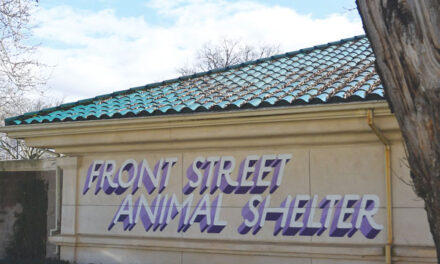Good Day to Spay
SPCA clinic offers low-cost services, but expect to wait
By Cathryn Rakich
December 2019
As I drive into the parking lot of the Sacramento SPCA, I see several people and pets already lined up outside the Spay/Neuter Clinic. It’s 6:45 a.m.
Animal owners and rescuers leisurely chat to pass the time on this crisp fall morning, cat carriers and humane traps scattered about their feet. Dogs, large and small, scruffy and fluffy, struggle against their leashes to greet one another.
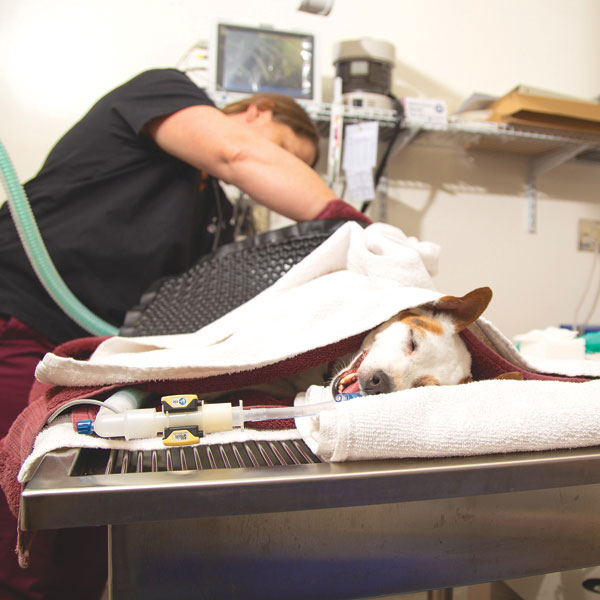
The clinic is divided in half—right side for felines, left side for canines. We wait patiently in our respective lines. The clinic doors will open in 30 minutes at 7:15 a.m.
On this particular morning, I am with Summer, my foster dog for a local rescue group. We are sixth in line. Even though appointments are required for a specific day, check-in is on a first-come basis—the earlier you arrive, the sooner you will leave. Don’t be late—doors lock at 8 a.m.
When the clinic opens, we pet lovers line up again at the dog and cat counters. An amiable receptionist greets me and confirms my appointment. She hands me a clipboard with a form and tells me to wait until my name is called. She will not start to summon people until every person in line has checked in, which can take 20 minutes or more as furry patients continue to arrive.
The SSPCA clinic alters 50 to 60 cats and dogs a day Monday through Saturday, providing spay and neuter services to the community as well as other local shelters and rescue organizations. In 2018, the clinic sterilized 18,370 animals.
“The Sacramento SPCA is one of the top 10 high-volume spay-neuter centers in the nation,” says Dawn Foster, SSPCA director of marketing and communications. “Our region’s animal shelters are overcrowded and under resourced. There are too many dogs and cats and too few loving homes. That is why the Sacramento SPCA devotes significant resources to addressing animal overpopulation through our spay-neuter program.”
Inside the clinic, the reception area is cramped and the first 15 or so people find a seat, while others stand or wait outside. Within a few minutes of checking in, two vet assistants begin to call out last names in the order we arrived and whisk the furry patients away. I continue to answer the questions on my form. When was the last time the animal ate? Any known injuries or illnesses? Do you want treatment for fleas or worms if detected?
When I am finally called back up to the window, the receptionist confirms what services I seek in addition to a spay. I say yes to vaccines, heartworm test and microchip. The time is 7:45 a.m. when I climb back into my car.
As a high-volume, low-cost spay and neuter clinic, the SSPCA faces one big challenge—meeting the demand. Securing an appointment for a spay or neuter can take four weeks or more. “We recognize the need far exceeds capacity in our community,” Foster says. “We are spending time and resources looking into opportunities to expand the program—to be able to offer more surgeries annually.”
Appointments cannot be made online or via email—at least not yet. “We are looking at ways for clients to schedule appointments through an online option,” Foster adds.
To schedule an appointment, pet owners must visit the clinic on Florin-Perkins Road, Monday through Saturday, 11 a.m. to 3 p.m.—or call the SSPCA at (916) 504-2810 for dogs and (916) 504-2811 for cats.
“We get 1,200 calls a month for the spay-neuter clinic,” Foster says. Due to the high volume, it can take two weeks or more to receive a return phone call.
Yet despite the long waits, anyone who has investigated the cost of a spay or neuter at a private veterinary hospital knows the SSPCA clinic is a relative bargain. For cats, a neuter is $35 and a spay costs $50. For dogs, the price is based on weight, not gender, ranging from $100 to $350. Discounts from 20 to 40 percent are offered to seniors, veterans and students.
There are additional charges for pets who are pregnant or in heat, and if the testicles are not descended. Vaccinations, heartworm tests, flea and worm treatments, and microchips are extra.
While many private vets require an overnight stay following spay or neuter surgery, the SSPCA clinic has a speedier approach. Pick up time is between 4 and 5 p.m. the same day. There is a charge if you are late.
The private Community Spay Neuter Clinic, located at the county animal shelter on Bradshaw Road, also offers low-cost services. But the wait for an appointment at the Bradshaw clinic is also lengthy, often up to six weeks.
Altering your pet “is the only thing that solves both overpopulation and the number of animals entering the Sacramento SPCA facility and the city and county shelters each year,” Foster says. “Our vision is to eliminate animal homelessness, save lives and improve the quality of life for our community’s furry friends and the people who love them.”
For a list of services and fees at the Sacramento SPCA Spay/Neuter Clinic, visit sspca.org/spayneuter. For the Bradshaw clinic, visit communityspayneuter.com. For information on spay/neuter vouchers and other resources, visit the Sacramento Animal Area Coalition at sacanimal.org.
Cathryn Rakich can be reached at crakich@surewest.net. Follow us on Facebook, Twitter and Instagram: @insidesacramento.



